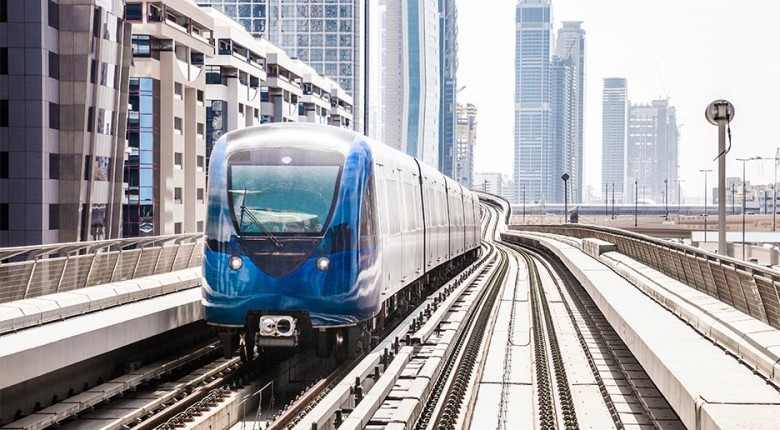928 results found
Featured results



More results



Infrastructure projects in the Netherlands, such as the construction of roads, bridges and tunnels, have become larger and more complex in recent years. This thesis is about these kinds of infrastructure projects, about the challenges and tensions that go with them, about how people experience them and how they look jointly for solutions, and how they succeed or sometimes fail.

This review is designed to assist the development community and policy makers in other countries who may be contemplating railway privatization.


This forum is a unique platform to catalyze partnerships that can rapidly bring to scale green growth opportunities bringing together governments from developed, developing and emerging economies along with the private sector.


This book provides a comprehensive evaluation of developing country power sector reform, sifting the evidence of whether reforms have contributed to improved sector outcomes.

This document discusses how science-based indicators of vulnerability to climate change and of adaptability can inform the prioritization of adaptation assistance from a global adaptation fund.

The present study Review of success stories in urban water utility reform was commissioned in 2015 as a follow-up to an independent evaluation of SECO s Corporate Development activities.

This technical note provides an overview for authorities who wish to conduct flood hazard and risk assessments and who must develop a step-by-step plan for carrying out the assessment that is appropriate and feasible in the local context.

This is a new framework for road safety aims to halve the number of fatalities on CAREC road corridors by 2030 (compared to 2010).

Don't miss out on the final event for InfraChallenge, our global innovation competition aiming to accelerate the infrastructure industry
The carbon finance market is evolving rapidly but is fragmented and complex. With project and political risks affecting the private sector’s willingness to enter new carbon markets, what can governments of developing countries do to scale up participation?
As part of its leading practices mandate, the GI Hub is developing a set of annotated risk allocation matrices for PPP transactions, in a variety of sectors.
Combination of sensors and machine learning to predict timelines and modes of failure for physical and mechanical assets such as pipes, pumps, and motors.
Pedestrian and weather sensors installed at road intersections to adapt traffic light operation to match real time demand and safety requirements.
Advanced traffic management systems improve the performance of road services through the use of sensors, GPS, smart cameras, and weather information systems.
Remote sensors, UAVs and satellite technologies to monitor water bodies for algal blooms and provide early warnings of potential health risks to the general public.
Combination of sensors and AI to increase sewer capacity and reduce the frequency and magnitude of sewer overflows, especially during high rainfall events.
Five reports in this series assess the regulatory framework for trade and investment in five areas - horizontal measures, information and communications technologies, transport services, professional services, and tourism services in Barbados, Belize, Guyana, Jamaica, and Trinidad and Tobago under the CARIFORUM - European Union Economic Partnership Agreement. This report focuses on information and communications technology.

Five reports in this series assess the regulatory framework for trade and investment in five areas - horizontal measures, information and communications technologies, transport services, professional services, and tourism services in Barbados, Belize, Guyana, Jamaica, and Trinidad and Tobago under the CARIFORUM - European Union Economic Partnership Agreement. This report focuses on transport services.




 InfraChallenge
InfraChallenge









